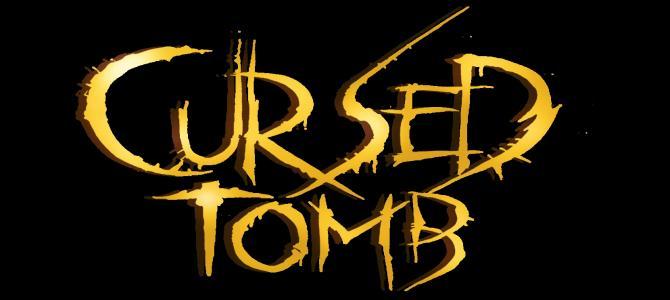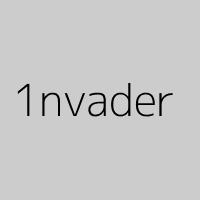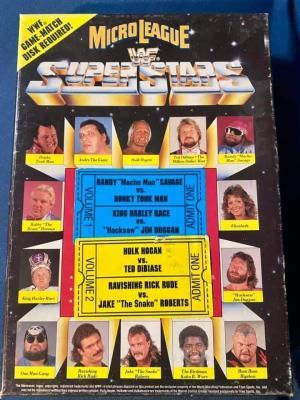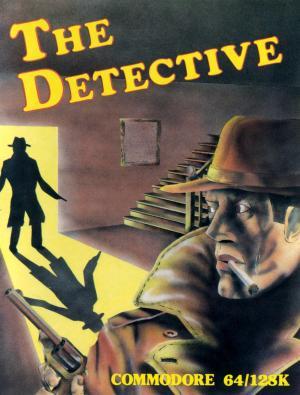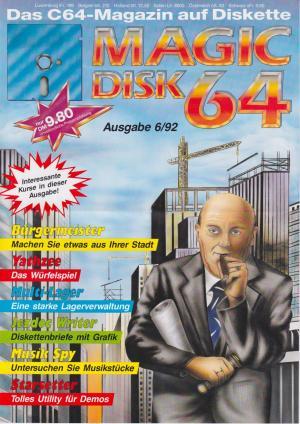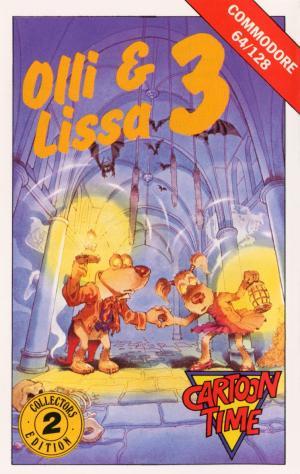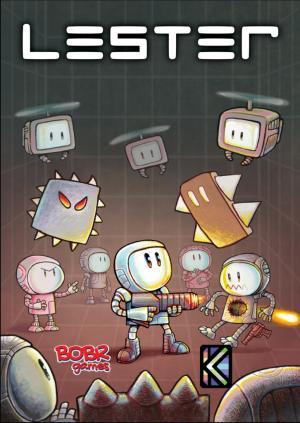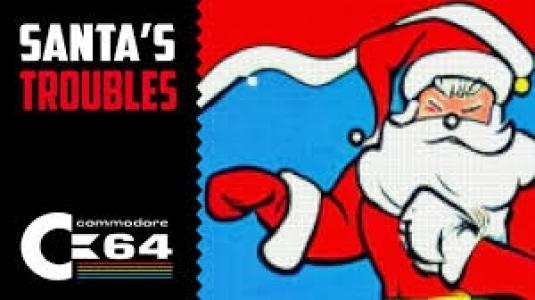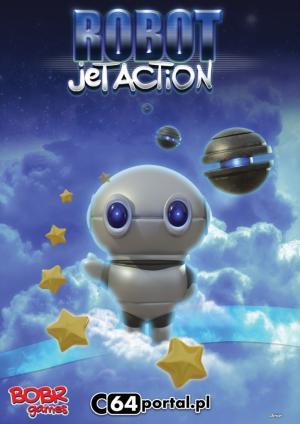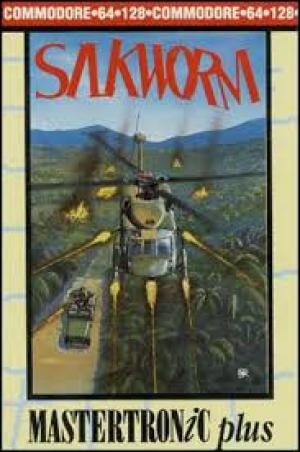
| Console: | Commodore 64 |
| TV Standard: | Region Not Set |
| Developer(s): | The Sales Curve Ltd. |
| Publisher(s): | Virgin Games, Ltd. |
| Release Date: | 1989-04-01 |
| Players: | 2 |
| Co-op: | Yes |
| ESRB: | E - Everyone |
| Type: | Shooter |

Silkworm had interesting graphics and relatively fast-paced gameplay. The player can take control of a Jeep mounted with a machine gun or a Helicopter mounted with forward and downward firing guns. Two players can work simultaneously and cooperatively against enemies, with one playing as the Jeep and one as the Helicopter.
In single-player mode, it is generally easier to play with the Helicopter than with the Jeep, but it can be more fun to play as the Jeep. As the Jeep, the player needs to destroy everything directly in front of it or be prepared to jump in order to avoid collisions. In two-player mode, the Helicopter and Jeep must cooperate, and the players depend on each other to succeed. For example, the Helicopter can only fire forward, so occasionally, the Jeep must cover the rear with his swiveling gun. However, when covering the rear, the Jeep is vulnerable from the front, so the Helicopter must cover him.
Silkworm featured a fairly wide variety of enemies, some of which had specific weaknesses, such as the armoured AA guns that could only be harmed when their shields were down to fire. Most famously, there was the "Goose" helicopter - a giant, heavily armoured "mini-boss" helicopter that was composed of several smaller vehicles that connected together.
The players collect shields (which could alternatively be shot by the player in order to destroy all enemies on the screen), power cells which increase firepower and an additional bonus can be added to the score achieved. The game gets harder on the completion of each level. The game employed some destructible environmental elements, such as buildings and ancient ruins.
The speed was one of the defining parts of the gameplay, which the programmers who worked on the home conversions were keen to preserve, using a variety of programming techniques.[5] One element that required work was the control system (the arcade original had three buttons, whereas most home systems had just one), but this was solved without much problem.
Silkworm featured a background music theme composed by Barry Leitch, which went on to be a minor cult hit, being included on a Sinclair User covermounted cassette, along with such classics as Shinobi and Continental Circus.
